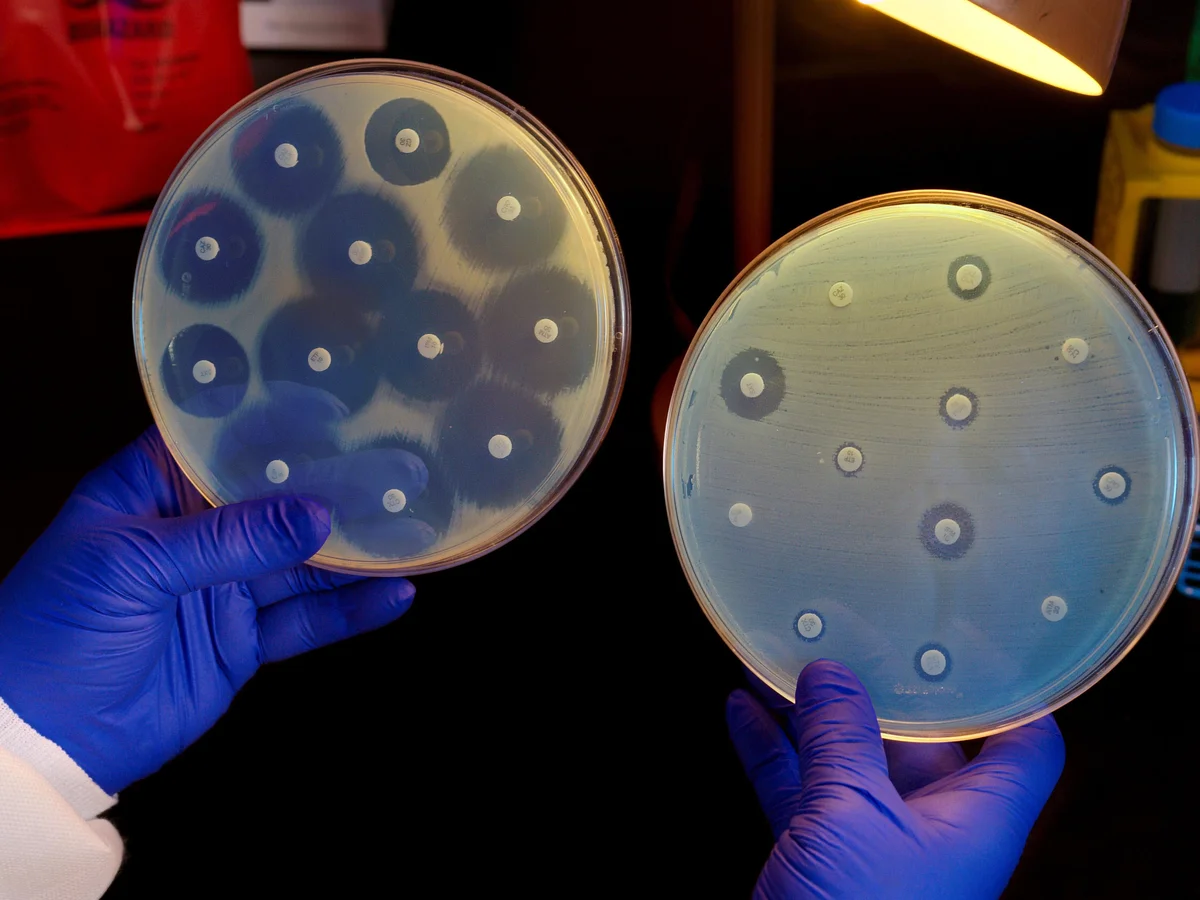Global leaders have made a significant commitment to reducing deaths caused by superbugs by 2030, aiming for a 10% decrease in fatalities linked to antimicrobial resistance (AMR). The United Nations (UN) General Assembly saw 193 countries unite to address this critical health challenge. AMR, a growing concern where bacteria evolve to resist common treatments, is expected to cause 39 million deaths in the next 25 years if left unchecked.
The second political declaration on AMR, following an initial agreement in 2016, emphasizes critical measures to combat this crisis. Key actions include ensuring all healthcare facilities have basic water, sanitation, and hygiene services by 2030. Additionally, the UN has committed $100 million to support 60% of countries in funding their national AMR action plans. Reducing the environmental discharge of antimicrobials, including life-saving antibiotics, is also a priority.
Steps to Address AMR
- Clean Water in Healthcare Facilities: By 2030, all medical centers should have access to clean water and effective sanitation to curb infections and the spread of resistant bacteria.
- Financial Commitments: A total of $100 million has been pledged to support 60% of nations in tackling AMR through their national plans.
- Addressing Environmental Pollution: Countries will focus on reducing the presence of antimicrobials in the environment, as they contribute to the spread of drug-resistant superbugs.
Antimicrobials, especially antibiotics, are essential for treating infections, but overuse in agriculture and human medicine has led to the emergence of resistant bacteria, or “superbugs.” Without immediate action, more infections will become difficult or impossible to treat.
Challenges and Opportunities
The declaration is a critical step forward, but experts have pointed out that it lacks concrete targets for reducing the use of antibiotics in agriculture and food production, which accounts for 70% of global antibiotic consumption. Nevertheless, the focus on prevention, clean water, and sanitation offers a hopeful approach to addressing the AMR crisis.
Environmental activist Sunita Narain highlighted the importance of shifting focus from drug development to preventing infections through clean water and better sanitation. She noted that AMR prevention should not be about benefiting pharmaceutical companies but protecting global public health.
A personal story shared by John Kariuki Muhia, a Kenyan vet, emphasized the human impact of AMR. After suffering from a drug-resistant infection following surgery, he urged world leaders to act swiftly on their commitments.
What’s Next?
Governments, pharmaceutical companies, and agricultural sectors will now focus on implementing the agreement, setting targets, and raising the necessary funds. Another high-level UN meeting on AMR is scheduled in five years to evaluate progress.
Superbugs #AMR #CleanWaterForAll #UNDeclaration #HealthCrisis #AntibioticResistance #GlobalHealth #2030Goals #UN2023Goals




+ There are no comments
Add yours